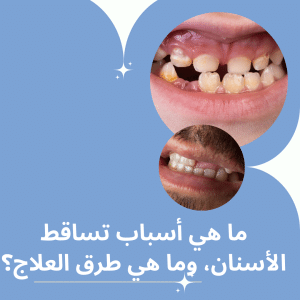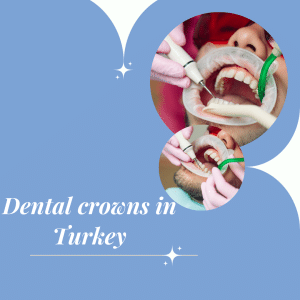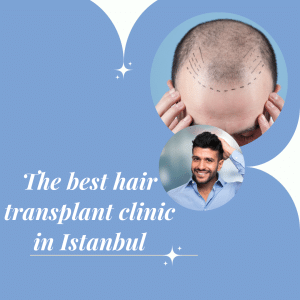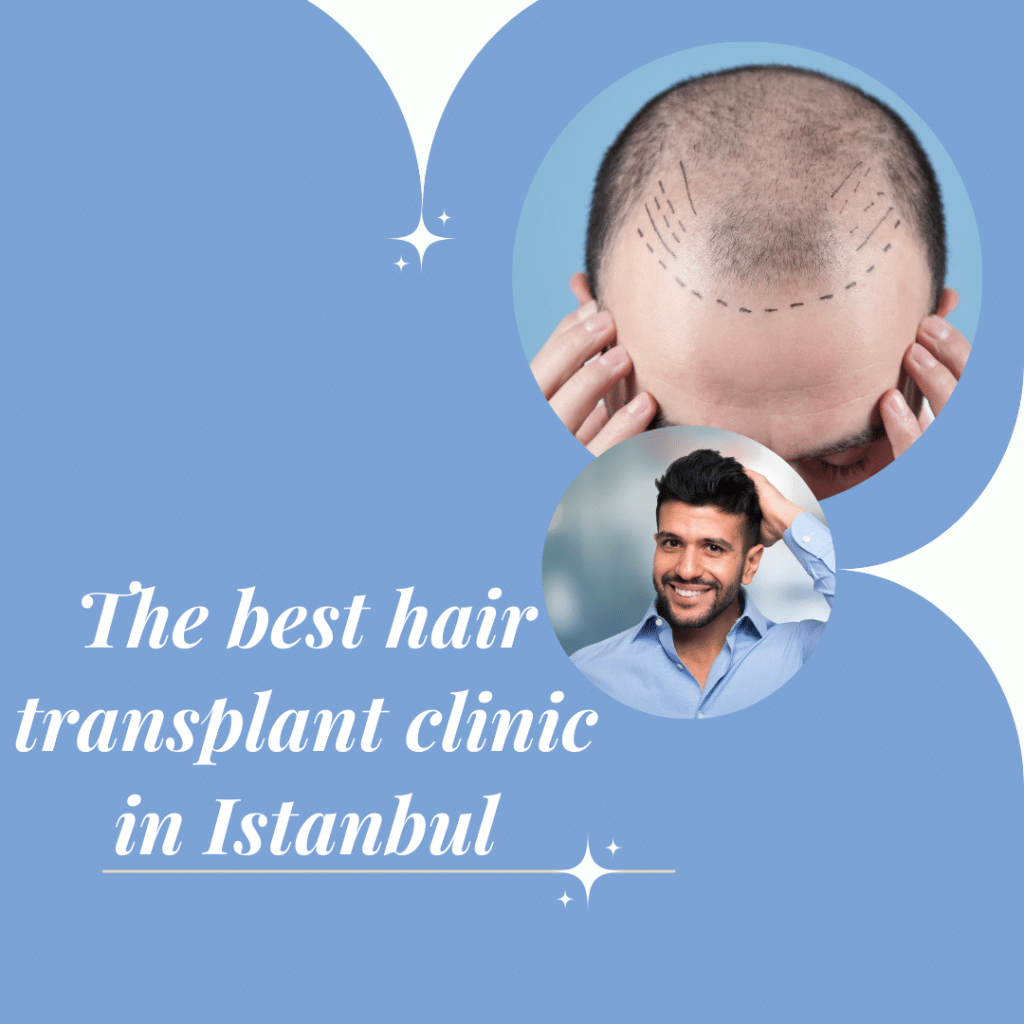Hair transplantation in Istanbul is one of the most popular destinations for patients looking for baldness treatment and the city is distinguished by advanced technologies and specialized doctors, in addition to competitive treatment costs.
What are the types of hair transplant operations?
The main types of hair transplant procedures include:
- FUT hair transplantation (strip-free): This process involves extracting a strip of skin from the side or back of the scalp and transplanting it to areas suffering from hair loss.
- Hair transplantation using FUE (Individual Unit Extraction) technology: This process involves extracting hair from the donor areas individually and transplanting it into the future areas precisely and precisely.
- Hair transplantation using the DHI technique (direct hair transplantation): This technique relies on the use of a special pen for hair transplantation without the need to open prior transplantation channels, which makes the process more accurate and fast.
These techniques differ in the way hair is extracted and transplanted, and specialist doctors can determine the most appropriate method for each case according to the patient’s needs and health conditions.
Does transplanted hair last a lifetime?
Yes, in general, the hair grown in hair transplants is considered permanent and continues to grow for life and hair from donor areas that are not affected by baldness, such as the sides and back of the scalp, is used to transplant hair into future areas suffering from hair loss and once the hair is transplanted, it is cared for as natural hair, and can be cut, dyed and styled as the patient wants and with good care and following medical guidelines, the transplanted hair can remain healthy and thriving for a long period of time.
What are the risks of hair transplantation?
Hair transplant procedures are generally considered safe, but you may face some risks and potential side effects, which may include:
- Swelling and redness: Swelling and redness may occur in the scalp after the procedure, but this is often temporary and goes away with time.
- Wound infection: Inflammation may occur at the sites where the hair transplant was done, and may require treatment with antibiotics.
- Loss of transplanted hair: Some temporary loss of transplanted hair may occur during the first few weeks after the operation, but that hair usually grows back after that.
- Scar formation: Scars may develop on the scalp after the operation, especially in the case of excessive use of materials that support healing.
- Lack of success of the operation: The hair transplant operation may not achieve the desired results in an ideal manner, and may require additional operations to correct the results.
People interested in hair transplantation should consult a specialist doctor and understand all possible risks and side effects before undergoing the procedure.
What is the right time for hair transplant?
The appropriate time for hair transplantation depends on several factors, including:
- The stage of progressing baldness: It is preferable for the person to be in a late stage of progressing baldness before undergoing a hair transplant, as the transplanted hair may be subject to loss in the future and may require preservation.
- General health: The person must be in good health and free of any health conditions that hinder the recovery process.
- Personal expectations: The person must be prepared to commit to the recovery period after the operation, which may last for several days to weeks.
- Psychological aspects: Aging and baldness may affect the psychological aspects, so it may be appropriate for the person to have the operation at a time when he feels the desire and psychological preparation.It is preferable to consult a doctor specialized in hair transplantation to determine the appropriate time for the person based on his individual condition and expectations.
What are the advantages of hair transplantation?
Hair transplantation has several advantages, including:
- Restoring self-confidence: Hair transplantation restores the natural shape and helps restore self-confidence for people suffering from hair loss.
- Permanent results: The hair transplanted in hair transplantation is considered permanent, and continues to grow for life.
- Non-surgical procedure: Hair transplantation is considered a non-surgical procedure, as it does not require traditional cosmetic surgeries.
- Natural results: Hair is transplanted precisely and symmetrically, giving natural results and a shape that matches the person’s features.
- Quick return to daily life: After the operation, patients can quickly return to their daily activities after a short period of rest.
- Advanced techniques: Modern techniques in hair transplantation provide superior results with the least amount of surgery and recovery.
These advantages combine effectiveness and comfort, making hair transplantation a popular option for people suffering from hair loss who want to regain their shape and self-confidence.
What are the steps of the hair transplant procedure?
The hair transplant process includes several steps, which are as follows:
- Evaluation and consultation: The specialist doctor conducts an assessment of the hair condition and provides a personal consultation to the patient, where the appropriate treatment plan is determined and the expected results are explained.
- Scalp anesthesia: The scalp is numbed using a local anesthetic to reduce any feeling of pain during the procedure.
- Hair extraction: Individual hair units are extracted from the donor areas of the scalp using the FUE or DHI technique.
- Preparing the recipient areas: Fine transplant channels are opened in the areas suffering from hair loss, and these channels are carefully designed to ensure natural and consistent results.
- Hair transplantation: Hair is transplanted individually into each transplant channel, so that the hair is distributed naturally and harmoniously.
- Process monitoring: The transplant process is continuously monitored and evaluated to ensure the quality of results and achieve the best expectations.
- Post-operative care: Instructions are provided for caring for the transplanted hair after the operation, including wound care, avoiding strenuous sports activities, and using special hair products.
Hair transplantation, as a delicate surgical procedure, requires it to be performed by a specialist doctor who is well trained in this field, and the patient must follow all directions provided to ensure better and more successful results.
In conclusion, hair transplantation in Istanbul is a popular and effective option for people who suffer from hair loss and want to regain their shape and self-confidence and thanks to advanced technologies and specialized doctors, natural and lasting results can be achieved and if you are considering a hair transplant, Istanbul offers an ideal environment to perform the procedure safely and confidently and remember that consulting with a specialist doctor is the first important step in your journey towards hair restoration and self-confidence.









